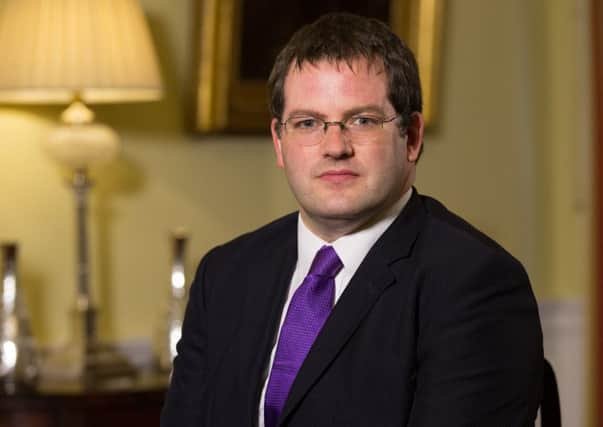Leader comment: Voters should have the final say over MSPs


It took Bill Walker 16 days after his conviction for a string of domestic abuse offences to realise that he had to resign as an MSP.
Unrepentant, Walker blamed a “media onslaught” for forcing him to quit in September 2013. Even though he was subsequently given a one-year prison sentence, he technically could have carried on as the elected representative for Dunfermline – unless and until he was defeated in an election.
Advertisement
Hide AdAdvertisement
Hide AdIt is somewhat embarassing for Scotland that the same rules still apply at Holyrood today, more than four years later, meaning MSPs who are convicted of a crime but serve a year or less in prison can still retain their seat. Walker had been thrown out of the SNP after the allegations emerged but remained in parliament as an independent.
At Westminster, MPs who receive any kind of prison sentence, who are suspended by the Committee on Standards or who are found to have fiddled their expenses, can be recalled if 10 per cent of the electorate signs a petition to that effect. This means the MP loses their seat and a by-election is called – although they can still stand as a candidate if they wish. Now Holyrood is considering ways of removing MSPs who are convicted criminals and also those who are found to have committed gross misconduct, with some pointing to the case of Mark McDonald, the former Children’s Minister, who was found by an internal SNP inquiry to have behaved inappropriately towards two women.
But here MSPs must be careful. Over-turning the result of a democratic election – by removing an MSP from their seat – should always be subject to democratic approval if no crime has been proved in court.
Politics can be a cut-throat business and a system set up with the best of intentions could be open to abuse. MSPs who sexually harass or abuse women should not be allowed to remain in power but it must take more than an internal party inquiry or an investigation by a committee of MSPs to establish the facts of what happened. Victims of such appalling behaviour should be protected but that cannot mean the process of establishing the guilt or innocence of an MSP takes place behind closed doors. The Westminster system seems to strike a reasonable balance and could perhaps be a starting point for MSPs’ deliberations. They may come up with a better system, but they must ensure it is a democratic one.
